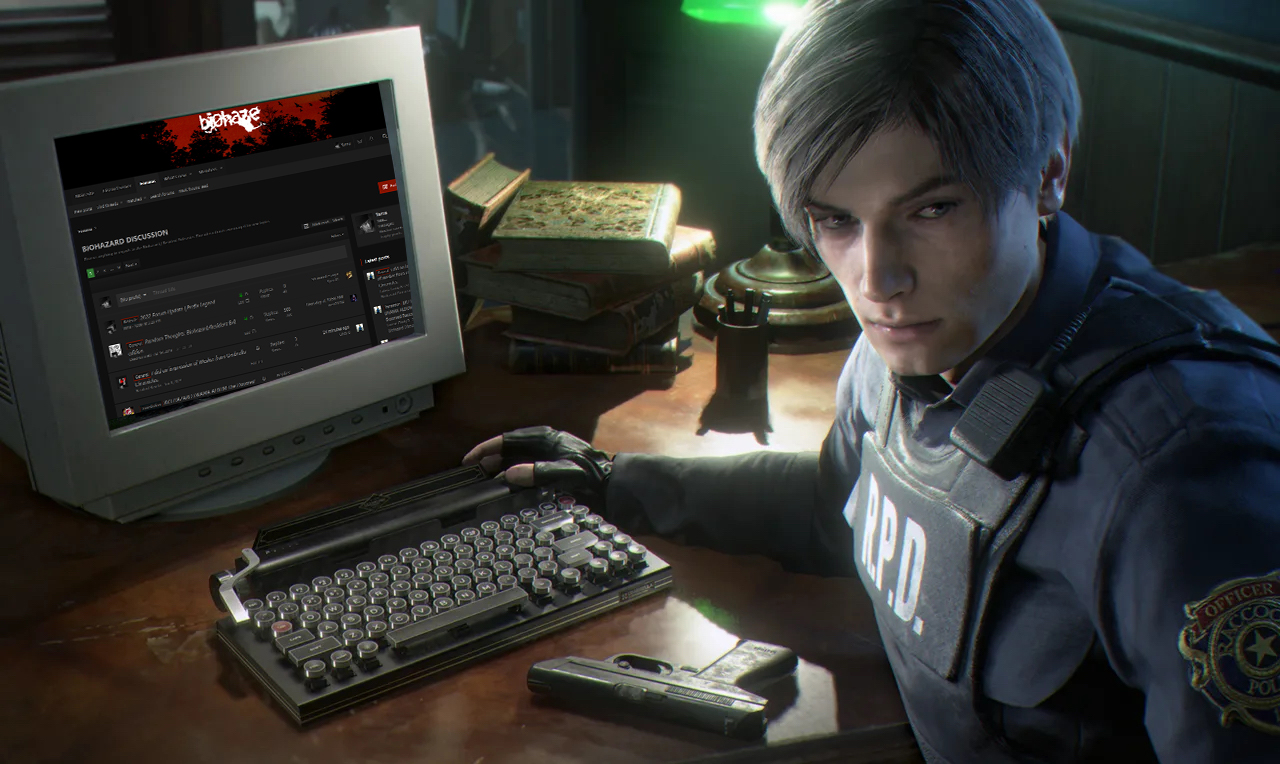That's not exactly what I meant. It's not about the action at all, but how cutscenes become the main storytelling tool. I believe that developers can use different tools and balance them in such a way as to give a holistic gaming experience.
In my opinion, CODE: Veronica was the starting point of the path when cutscenes became more cinematic and narrative, and the game design offered less and less information. Look at the same Resident Evil 4: the infrastructure of many buildings in the game does not make any sense. These buildings are impersonal and serve exclusively for the background, when in the classic games of the series, locations were characters and carried information. And you also saw the development of this approach in the future: Resident Evil 6 doesn't even have any files left.
Speaking specifically about CODE: Veronica, it's still a classic game in the series. This means that the storytelling in this game is still relatively close to the classic form. I've never argued with that. However, I want to say that the developers have accepted some deviations from the series formula that I don't quite agree with. But I understand and respect that the game strongly influenced the mythology, both in terms of game design and in terms of lore. I never argued with that either.
I'm really not a fan of the game's plot. I only liked the storyline of Alfred, but, you know, it's almost completely copied from Norman Bates. Even the same directing techniques were used. But I really like the Gothic spirit of this game. I'm also a big fan of the t-Veronica virus and the opportunities it offers to infected people. This is a great potential for body horror. In any case, "Orlok" with parts of the mantis turned out to be much more terrifying than Argento's Dracula, who completely turned into a mantis. And Spider-Baker is still the scariest boss in the series for me.
In my opinion, CODE: Veronica was the starting point of the path when cutscenes became more cinematic and narrative, and the game design offered less and less information. Look at the same Resident Evil 4: the infrastructure of many buildings in the game does not make any sense. These buildings are impersonal and serve exclusively for the background, when in the classic games of the series, locations were characters and carried information. And you also saw the development of this approach in the future: Resident Evil 6 doesn't even have any files left.
Speaking specifically about CODE: Veronica, it's still a classic game in the series. This means that the storytelling in this game is still relatively close to the classic form. I've never argued with that. However, I want to say that the developers have accepted some deviations from the series formula that I don't quite agree with. But I understand and respect that the game strongly influenced the mythology, both in terms of game design and in terms of lore. I never argued with that either.
I'm really not a fan of the game's plot. I only liked the storyline of Alfred, but, you know, it's almost completely copied from Norman Bates. Even the same directing techniques were used. But I really like the Gothic spirit of this game. I'm also a big fan of the t-Veronica virus and the opportunities it offers to infected people. This is a great potential for body horror. In any case, "Orlok" with parts of the mantis turned out to be much more terrifying than Argento's Dracula, who completely turned into a mantis. And Spider-Baker is still the scariest boss in the series for me.

